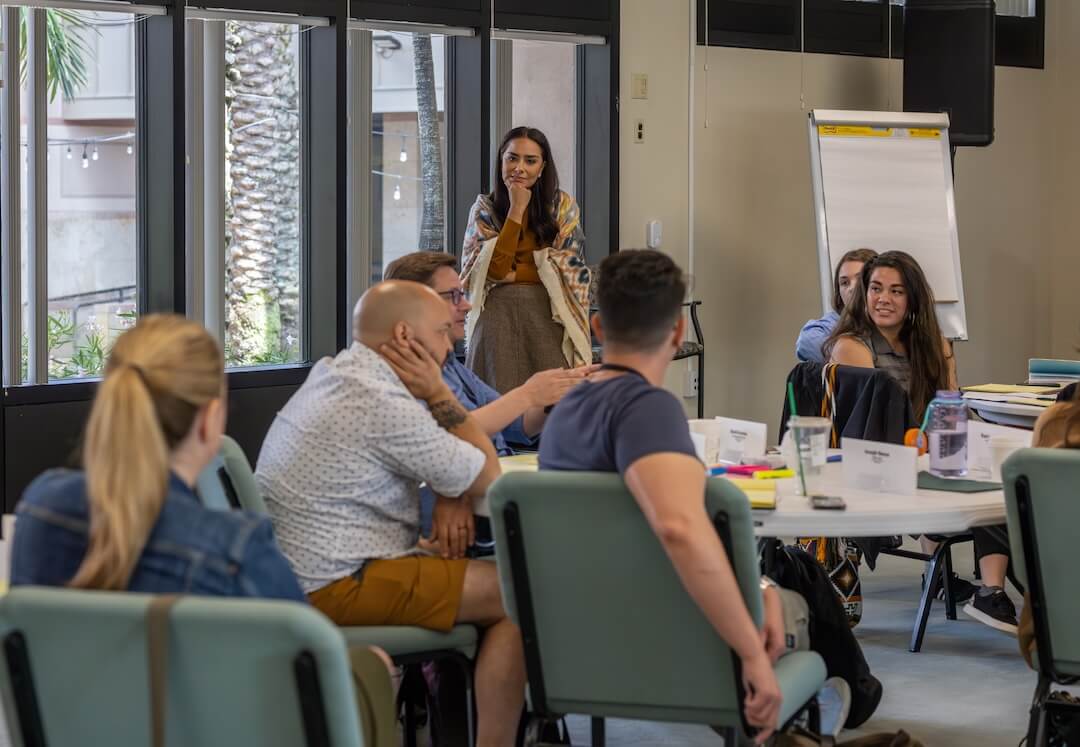When he runs, Bill Kole usually pulls back from what’s happening around him and focuses on his pace.
On Monday, he did the opposite for the Boston Marathon.
“I needed to think about what was going on with the many souls around me,” he said in a phone interview with Poynter.
Kole, who’s the New England bureau chief for the Associated Press, stopped at each mile to tweet. In each of those tweets was a small story, a scene, a few seconds of what was happening at the Boston Marathon one year after the bombings that killed three people and left more than 260 injured.
Mile 1: Huge choruses of “Hell, yeah, we’re back!” from the crowd. #26Tweets2Boston
— Bill Kole (@billkole) April 21, 2014
Mile 19: Just when I was about to complain about a blister, I passed a man with a carbon fiber blade. There are no words. #26Tweets2Boston
— Bill Kole (@billkole) April 21, 2014
Finish: Everyone’s screaming on Boylston Street. For all the right reasons. 36,000 sweaty, tearful, exuberant reasons. #26Tweets2Boston
— Bill Kole (@billkole) April 21, 2014
Kole didn’t run the marathon last year. He typically runs about 10 miles every other day on the Cape Cod Canal near his home and planned on focusing on shorter races. But like so many people in Boston, he wanted to be part of this year’s Boston Marathon. And he hoped that being embedded in the run, and reporting from it as he did, helped endear journalists to the running community a little more. Many have felt preyed upon by journalists in the last year, Kole said.
“Really, it’s our city, too,” he said, “and we came to capture not just the agony but the healing after.”
He wasn’t feeling so good about his own time, however.
Lessons learned from #26Tweets2Boston, for anyone contemplating similar: You can run well or tweet well, but not both at the same time.
— Bill Kole (@billkole) April 22, 2014
Kole qualified to run the Boston Marathon at a race in Rochester, New York, with a time of three hours and 13 minutes. Each of his tweets on Monday took about three minutes. So Kole added an hour and 15 minutes to his time. His Twitter followers also tripled.
Journalists like to think of themselves as cynics, Kole said. But really, we’re optimists, coming back to stories, people, events and places again and again, hoping for some changes.
Runners, too, get up every day and face the road. On Monday, Kole made the two work together.
“People had stories to tell even as they were putting one foot in front of the other,” Kole said. “And it was neat to help tell them.”
Staggering across the finish line, in my normal state: dazed and confused. #26Tweets2Boston pic.twitter.com/WtHJX3uW3f
— Bill Kole (@billkole) April 22, 2014






